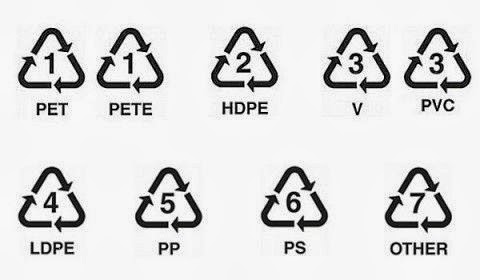Recommended articles: Data, online market, ecommerce, artificial intelligence, machine learning, big data, robo-advisors ranking, and global sanctions database
Here we are with some recommended articles about data in the digital age:
- The importance of data storytelling in the next decade of data (Information Age).
- Online market integration and European policy. Does the internet make international markets more integrated? And if not, what can we expect from recent EU policies that promote the Digital Single Market by banning restrictive distribution agreements such as geo-blocking? This column sheds light on these questions using detailed data for consumer electronics markets. The evidence indicates that online distribution channels are not more integrated than traditional bricks-and-mortar channels. Preventing geo-blocking practices would promote integration in the form of reduced international price differences, but this would mainly have distributional effects from consumers in low-income countries to those to high-income countries (VoxEU).
- The ecommerce surge (Benedict Evans).
- Which programming language is best for economic research: Julia, Matlab, Python or R? This column uses three criteria to compare the languages: the power of available libraries, the speed and possibilities when handling large datasets, and the speed and ease-of-use for a computationally intensive task (VoxEU).
- Rethinking AI talent strategy as automated machine learning comes of age. Do companies still need to hire a large contingent of data scientists to build machine learning models or can AutoML reduce the demand for this elusive talent? (McKinsey).
- AI and Big Data: Can They Guide Investors through the Pandemic? (CFA Institute).
- Robo-Advisors Thrived Amid the Covid-19 Volatility. Here’s Barron’s Latest Robo Ranking (Barron's).
- The Global Sanctions Data Base. In recent years, economic sanctions have increasingly become ‘the tool of choice’ in responses to international political challenges related to geo-political conflicts. But are sanctions successful in achieving their purported objectives? And what are the economic costs of sanctions in a world that is increasingly interconnected with global value-chains and multinational enterprises? This column introduces a new dataset of economic sanctions that covers all bilateral, multilateral, and plurilateral sanctions in the world from 1950 to 2016 that can be utilised to analyse sanctions policies (VoxEU).



Comentarios